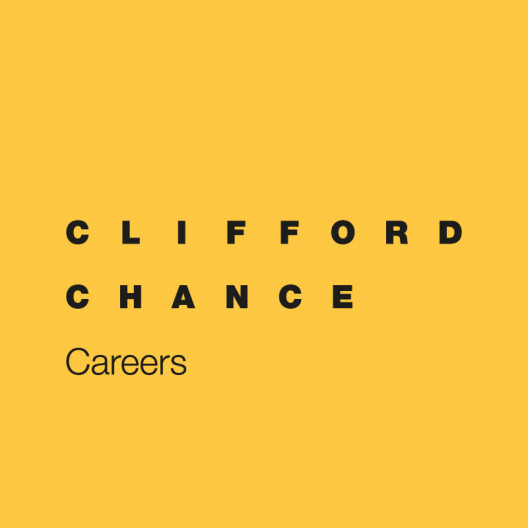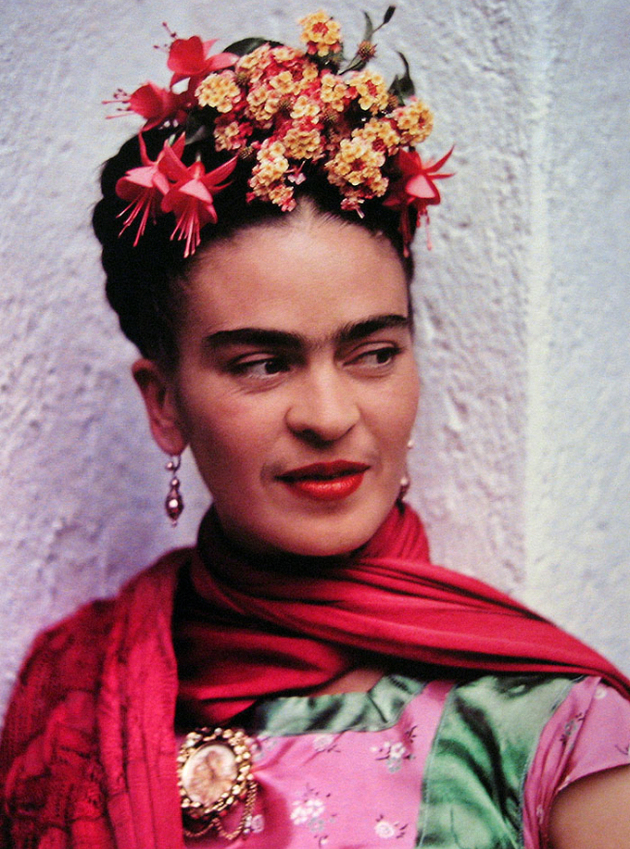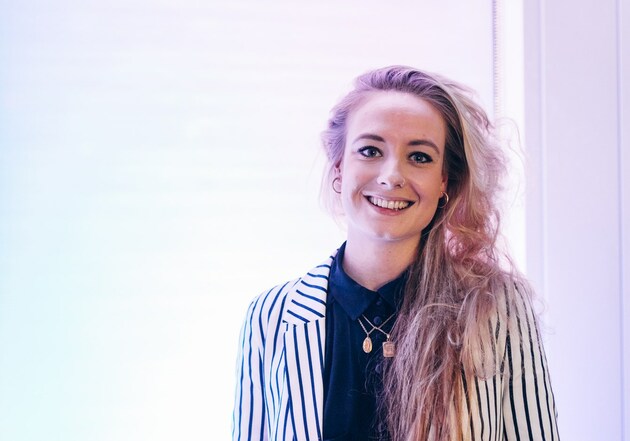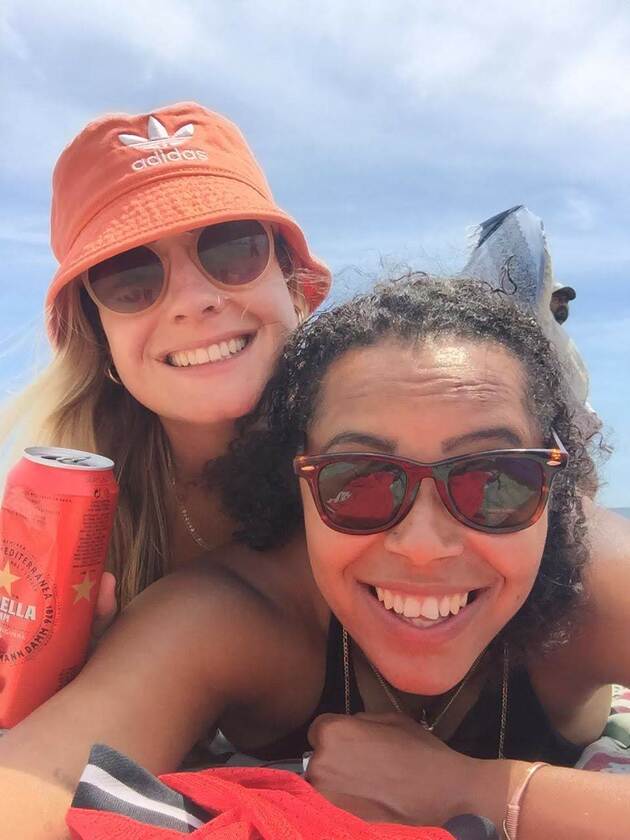
"As women, we self-censor a lot and then as queer women, we can often feel that double self-doubt about putting ideas or initiatives forward": an Interview with Georgie Court
An interview with Georgie Court, Global Inclusion Specialist at Clifford Chance
Please tell us a bit about yourself?
My name is Georgie Court and I am the Global Inclusion Specialist at Clifford Chance. As a firm, we are committed to establishing an inclusive culture, where people from a range of backgrounds work effectively together, and can feel comfortable and confident to develop to their potential. Part of my role is to work with all the offices around the world on campaigns, events and initiatives such as International Women's Day or PRIDE to ensure as a firm we are embedding the change we want to see in the world.
Alongside this, I am also the UK Arcus co-chair (Arcus, Latin for Rainbow, is the name of our internal LGBT network) and spend a part of my working week ensuring that the London LGBT community at Clifford Chance is connected and celebrated across the firm.
This week is Lesbian Visibility Week, are there any lesbian or bi women you look up to?
Lucy Stoy and Ilse Van Gasteren – Both women are two very visible lesbian role models to me at Clifford Chance and both have supported and encouraged me in my role as Inclusion Specialist and Arcus co-chair. Both women show a range of skills and qualities as lawyers and equality advocates for example in 2019 Ilse was listed in the Outstanding 100 LGBT+ lawyer list. Women like Ilse and Lucy are key to other queer women like me across Clifford Chance in feeling comfortable and represented at higher levels.
Emma Dresser – This woman has been my unofficial life coach, mentor and good friend for nearly 10 years now. I admire her strength, courage and empathy when navigating her personal and professional life and I will be forever grateful for all the difficult and challenging situations she has guided me through in mine.
And lastly Frida Kahlo – Who was a loud and proud bi woman, activist, campaigner and feminist way before it was fashionable to be so.

Frieda Kahlo, bisexual role model
Do you think the representation of lesbian and bi women has changed for kids growing up now?
Yes I think it has – in a number of different ways. Two years ago I was giving a presentation to a group of young people in a secondary school and they asked if I was gay. When I responded with yes they replied with 'are you really, or are you just saying that to be cool?!?!' which was so surprising to me that being gay is now 1) a cool thing and 2) being spoken about so casually in a school setting. I remember school being a terrifying place for LGBT + people when I was younger and certainly not something that 'the cool kids did'. I think this shift is definitely partly down to a number of high profile celebrities, influencers and role models coming out as LGBTQ or our allies over the last decade.
What are some challenges faced by lesbian and bi women that most people don’t realise?
I think being a queer women is still sexualized. I was speaking to a friend recently who said they were having a very open and candid discussion with their colleague about relationships and I asked her 'Did you tell them you were queer?' and she responded with 'No it wouldn’t have been appropriate' which made me quite sad – that even just talking about being bi or lesbian is seen – even by ourselves – as 'inappropriate'. We are important and valid, not inappropriate.
I think there is also an additional worry sometimes about the voices of queer and bi women being lost in the broad umbrella 'LGBT representation' banner which often equates to a gay man. I see this sometimes on panels where a man speaks on behalf of all genders or sexual orientations and often those views or perspectives might differ if it was a queer woman.

Georgie
What are some tips you would give someone who wants to be a better ally to lesbian and bi women?
My top suggestion is to self-educate and listen. Read books by queer women, listen to podcasts by queer women, attend a panel discussion with queer women speaking. The key to being a good ally I think is to try and put in some of the work and self-education before you expect the queer woman to teach you everything themselves. And if you are a male LGBT+ community member my suggestion on being a better ally is to try and share your platform where you can.
What advice would you give to a young lesbian or bi woman entering the professional world?
My advice is always to speak up and don’t be afraid to put your name forward for actions. I think as women, we self-censor a lot and then as queer women, we can often feel that double self-doubt about putting ideas or initiatives forward. I'm a big advocate for being a keeno at all times and just going for it, even when you are worried you are speaking 'out of turn' or as though it's not your place.
Oh and – know that you are valid and relevant, whether you choose to be out or not in the professional world.
Throughout your career, have you been able to see yourself represented in senior staff?
There have been many times, especially in smaller companies that I have not and that was hard. My first female queer boss is now a good friend of mine and it was a complete revelation when she started as my line-manager. It was the first time I had had a completely open and authentic relationship with my manager and I genuinely believe that was because I was able to be out to her about my whole life – work, women and weekend queer dating scene drama alike.
Seeing strong, powerful, interesting and talented queer female Partners and Senior Associates at Clifford Chance has also been great for me, and these people have been some of the biggest encouragements to me and the work I have undertaken at Clifford Chance.

Georgie and her girlfriend
How do you think organisations can ensure everyone feels comfortable to be themselves in the workplace?
I think there are a number of different things firms can do encourage and support people to feel comfortable being themselves in the workplace.
The first is; invest in and support the internal affinity networks. These are peoples home away from home. Chosen family and where people often feel safest and seen.
The second is ensuring that the firm has the policies in place to support the people and affinity networks. I really believe a firm can only achieve full equality when it has change being pushed institutionally as well as from the campaigning on the ground.
And lastly, the firm has to be prepared to change the culture internally by holding people to account, thinking creatively about solutions, allowing flexibility, profiling different people and empowering people to do more.
How does the organization you work for support LGBTQ Women?
Arcus is our global internal LGBT+ network and this year there has been a focus on bringing different voices, including queer women to the table - which I am really proud of. We've been celebrating Lesbian Visibility Day as a firm by holding Q&A interviews with a number of women at Clifford Chance and this year our events, panels, Queer Film Club and other initiatives have made sure to centre queer women as part of it.
If you would like to find out more about LGBT+ or gender inclusion at Clifford Chance, you can check out the D&I pages of our website 😊
https://www.cliffordchance.com/about_us/responsible-business/inclusion-and-diversity/lgbt.html

